 The last couple of years has been a tough time for mortgage borrowers. Earlier this month, the Bank of England (BoE) increased the base rate for the 14th consecutive time, with rates having risen from just 0.1% in December 2021 to 5.25% today.
The last couple of years has been a tough time for mortgage borrowers. Earlier this month, the Bank of England (BoE) increased the base rate for the 14th consecutive time, with rates having risen from just 0.1% in December 2021 to 5.25% today.
If you’re on a variable- or tracker-rate deal you’re likely to have seen your repayments rise sharply. And, if your low-cost rate is coming to an end in the next few months, you’re also likely to face a hike in your monthly repayments.
The Times reports that the average two-year fixed rate went up from 5.26% on 1 May to 6.83% at the end of July, increasing monthly repayments on a £200,000 mortgage over 25 years by £192 to £1,392.
But, as inflation starts to fall, have mortgage rates peaked in the UK?
Many lenders cut the cost of borrowing, even as the base rate rose again
While the BoE were voting to increase rates again, many lenders have been reducing the cost of borrowing.
The Financial Times reports that NatWest, Halifax, and Virgin Money all cut their rates at the start of August — by as much as 0.41% in some cases. That action followed cuts by Nationwide, Barclays, TSB, and HSBC at the end of July, while Santander and Coventry Building Society also announced reductions.
These cuts are largely due to investors’ predictions for the future of interest rates. Larger financial institutions “buy” tranches of money to lend through the markets, and the cost of this borrowing – called “swap” rates – is determined by where the markets predict that interest rates will go.
If banks and building societies can buy money on the markets more cheaply – because investors believe that interest rates will fall in the future – they can pass this on to borrowers in the form of lower fixed rates.
Falling inflation is likely to be key to lower mortgage rates
Stubbornly high inflation has been the driving factor behind the BoE’s decision to raise interest rates 14 times.
In order to bring inflation down to its target level of 2%, the Bank increases the cost of borrowing. The theory is that this encourages saving, leaves consumers with lower disposable income, and reduces the demand for goods and services. This can help to slow price rises.
Consequently, the next few inflation figures will play a major part in what happens to interest and mortgage rates.
The Office for National Statistics (ONS) report that inflation stood at 7.9% in the year to June 2023. Moreover, forecasts suggest that inflation will continue to fall during the rest of 2023, due to factors such as a fall in the energy price cap.

Source: iNews
If inflation continues to fall, it makes it much less likely that the BoE will have to continue to raise rates – and this is likely to result in cheaper mortgages.
However, if inflation doesn’t fall or it rises then the BoE may have no choice but to consider further rate rises.
Mortgage rates may have peaked, but are unlikely to reduce sharply
When it comes to the cost of mortgages, all eyes will be on the inflation figures over the next few months.
A continued fall in prices is likely to diminish the chances of further base rate rises, while persistent inflation could mean further rate rises and more expensive mortgages.
Assuming that June’s positive figures continue, and that inflation continues to fall, it’s likely that we have reached a peak when it comes to the cost of mortgages.
However, even though mortgage rates may have fallen slightly in recent weeks, it’s unlikely that they will drop sharply in the coming months.
Lenders will likely stagger reductions in costs over the next few weeks. Dropping rates too quickly can lead to a sudden influx in applications on a “best-buy” rate, and this can damage a bank’s service levels.
It also means that lenders may also withdraw deals at short notice, which can be frustrating if you’re shopping around. As an experienced broker, we have relationships with most major lenders, and we can often “reserve” low-cost deals for you before they are withdrawn from sale.
Get in touch
In an uncertain interest rate environment, seeking advice from a professional can help you to find the most appropriate deal for you.
We can help you to navigate the current uncertainty and find you the borrowing you need at the most competitive rate.
To find out more, please get in touch. Email [email protected] or call us on +44 (0) 20 3411 0079.
Please note
Your home may be repossessed if you do not keep up repayments on a mortgage or other loans secured on it.




